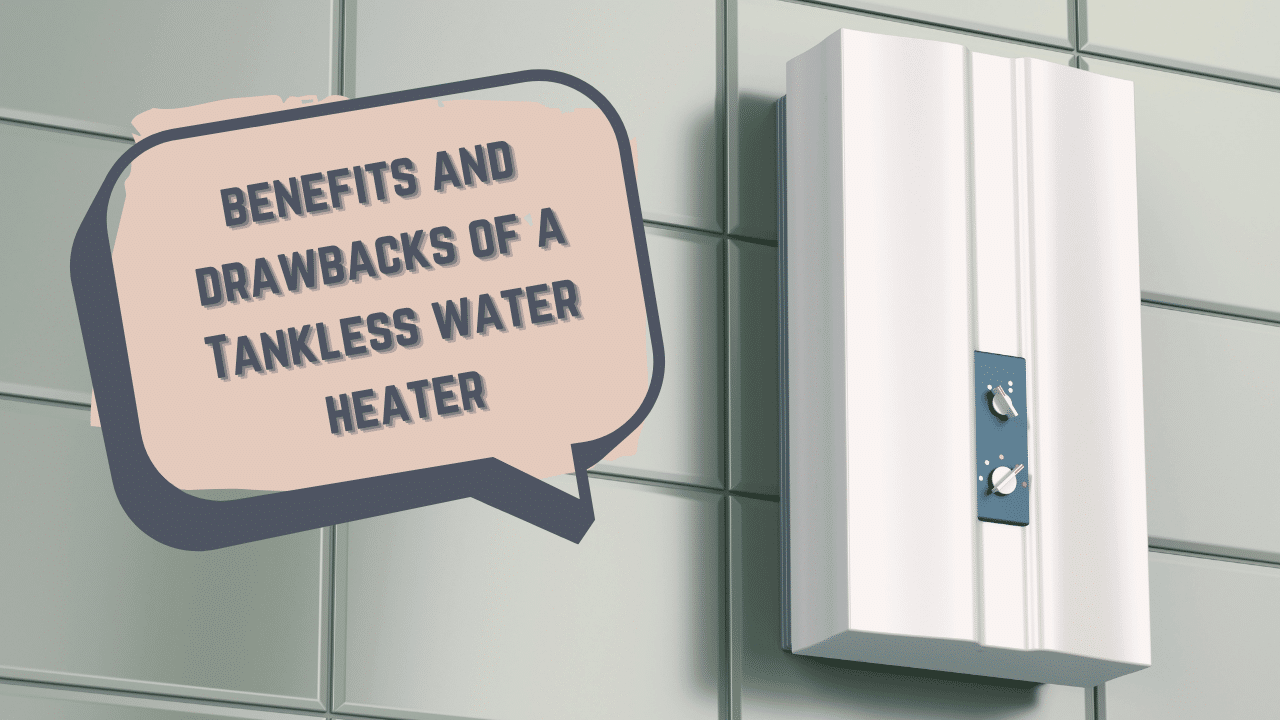Tankless water heaters have been around since 1929, when Stiebel-Elton invented the first electric model. The gas-powered models were more efficient and initially were the more popular choice. By the 1970s, the European market incentivized the development of space saving energy-efficient systems that has made electrically powered systems more popular.
Tankless water heaters have several downsides:
Inconsistent water temperature
High price and cost of installation – long amortization time
Limited hot water supply
Hard water make them inefficient
Dedicated power or gas supply
Not as efficient as solar heating of water
The small European houses and apartments in the early 20th century could not accommodate the large, expensive, and heavy copper tank water heaters. Plumbing and power supply was still primitive, and many houses and apartments had gas supply. Let's look at some of the pros and cons of tankless water heaters and other alternatives. (Related: Tankless Water Heaters: Advantages, Disadvantages & Costs)
Pros and Cons of Tankless Water Heaters
As new energy-efficient living was accelerated by the post-World War II rebuilding, small tankless water heaters became very popular. Improvements in electrical element technology surpassed the heating efficiency of gas heated tankless heaters.
Massive growth in the popularity of tiny homes, RV living, and living off-grid has further accelerated the development and popularity of tankless water heaters. Renewable energy systems are very compatible with highly energy-efficient tankless water heaters.

Hot water on demand in the quantity required. Tankless water heaters are only limited by the water and energy supply to provide a stream of hot water. When small finite amounts of hot or warm water are required for cleaning or personal hygiene, the exact amount needed is heated up without the need to store surplus hot water.
Tankless water heaters have a much longer lifespan than standard household geysers, typically only ten years. Tankless systems can last for twenty years or longer, depending on the hardness of the water.
Tankless water heating systems use less energy every month than the standard geyser. An energy-saving of twenty percent is typical for heating the same amount of water every month.
Tankless water heaters are compact and are ideal for tiny homes, yachts, RVs, and small apartments. They can be mounted underneath the kitchen sink or inside a small bathroom where the distance between the tankless heater and the point of use is very short.
Federal Installation Incentives are available to help offset the initial installation costs. Renewable domestic electricity designs incorporate highly efficient tankless water heaters in conjunction with solar-heated water heating systems and off-peak energy systems.
Tankless water heaters eliminate the need for keeping a large volume of water hot for long periods when hot water is not needed. Smart power management systems and insulation of pipes and storage can optimize the temperature regulation on standard water heaters.
The choice of gas and electrically powered tankless water heaters are available for off-grid locations. For holiday cabins, RVs, and yachts, the ability to change the source of heating is ideal.
Tankless water heaters can provide enough hot water for successive showers when used in moderation for short periods. As long as the water and power supply last, the tankless system can provide an endless hot water supply.
Longer warranties are the norm on tankless water heaters as they tend to be less complex and are designed to last much longer than conventional water heaters.
They are not known for generating consistent hot water temperatures. Consumer experience has been that it is difficult to adjust the water temperature to a consistently comfortable temperature. These systems are also not good for simultaneously providing hot water to multiple faucets.
The initial costs of purchasing tankless water heaters are higher than conventional systems and involve higher installation costs. The additional costs of electrical wiring or gas supply lines to the installation points can exceed the simplicity of wiring up a conventional tank heater.
Hard water will reduce the heating efficiency of tankless water heaters more than conventional water heaters. Hard water necessitates water softening systems to eliminate the high dissolved calcium and magnesium ions in the water. There is also an additional maintenance demand on tank-less water heaters.
The added grouting and venting of tank-less water heaters will also add to the initial installation costs.
A monthly saving of only twenty percent on the power bill result in a six to twelve-year payback on your initial investment. Investments in solar power generation and storage and selling power back to the energy grid generate a much better payback on investment.
Water-saving shower heads can save a lot of water and require less energy to heat the lower volume of water used. Other tasks requiring hot water can also be made more efficient by using energy and water-efficient dishwashers and washing machines.
Cost savings derived from solar heating and storage systems have very short investment paybacks and reduce our dependency on grid-tied power. You could thus invest your money better than in converting to tankless water heaters if you are looking for cost savings.
Tankless water heating makes the most sense when installed when space limitations and the absence of grid power make it viable. In a medium to large houses with four or more inhabitants, installing standard water heaters makes more sense and investing more money in solar water heating and grid-tied solar power generation.
Conclusion
Tankless water heaters are the ideal solution for small homes or off-grid living where access to the power grid is not possible or limited. When producing hot water on demand in an off-grid setting, the use of gas or electrically powered tankless water heating is the best solution.
For large properties with established links to the power grid, it is better to install a lower-cost conventional water heater and invest the savings into solar pre-heating and storage and the insulation of the hot water tank and supply lines to prevent temperature losses.

